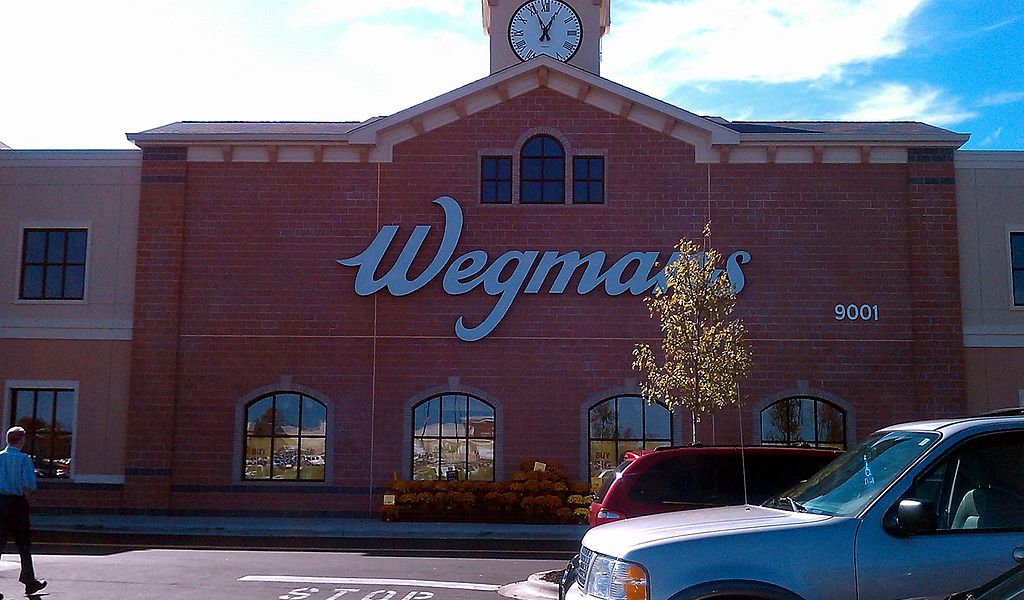Residents opposite a planned Wegmans distribution center in Hanover County are taking their case to Virginia’s highest court in an attempt to overturn a ruling that prevents them from challenging the creation of the site.
According to The Virginia Mercury, the most recent ruling from the Hanover Circuit court stated that the residents didn’t have the standing to challenge local officials’ approval of the project.
“The essence” of the Hanover Circuit rulings “is that literally, no one can challenge the decision of the board at issue here,” argued five residents whose properties lie within 1,200 feet or across the street from the Wegmans site.
They say the case will allow the high court to “determine once and for all” whether owners of property adjacent to projects with adverse impacts “have access to the courts to challenge” approvals granted by local governments.
On May 23, the Supreme Court of Virginia announced it would hear the appeal. No schedule has yet been set.
“We’re really hopeful that the Supreme Court is going to get this right and fix what Hanover County didn’t get right,” said Roderick Morgan, one of the residents involved in the suit. “It’s ridiculous that people have not had access to the courts because of this whole standing issue, and it’s people who are immediately adjacent to the property and really close by.”
Since the project was announced, several local groups have opposed the project for a range of reasons including concerns about noise, truck traffic and the planned destruction of almost 15 acres of wetlands. Hanover Circuit Court in November 2020 and August 2021 dismissed the lawsuits that the residents had filed, holding that the residents had “failed to plead facts sufficient to establish a particularized harm which is ‘different from that suffered by the public generally.’”
In appealing those decisions to the Supreme Court of Virginia, the residents emphasized the “particularized harms” they say they face as a result of the Hanover Board of Supervisors’ May 6, 2020 vote to rezone the Wegmans site, grant the project a special exception and approve revised proffers governing the use of the property.
“The increased traffic, night sky light pollution from the taller parking light poles, increased noise from traffic and facility operations and a decrease in property values created a nuisance and were particularized injuries unique to the plaintiffs and not suffered generally by the public,” they wrote in the appeal.





